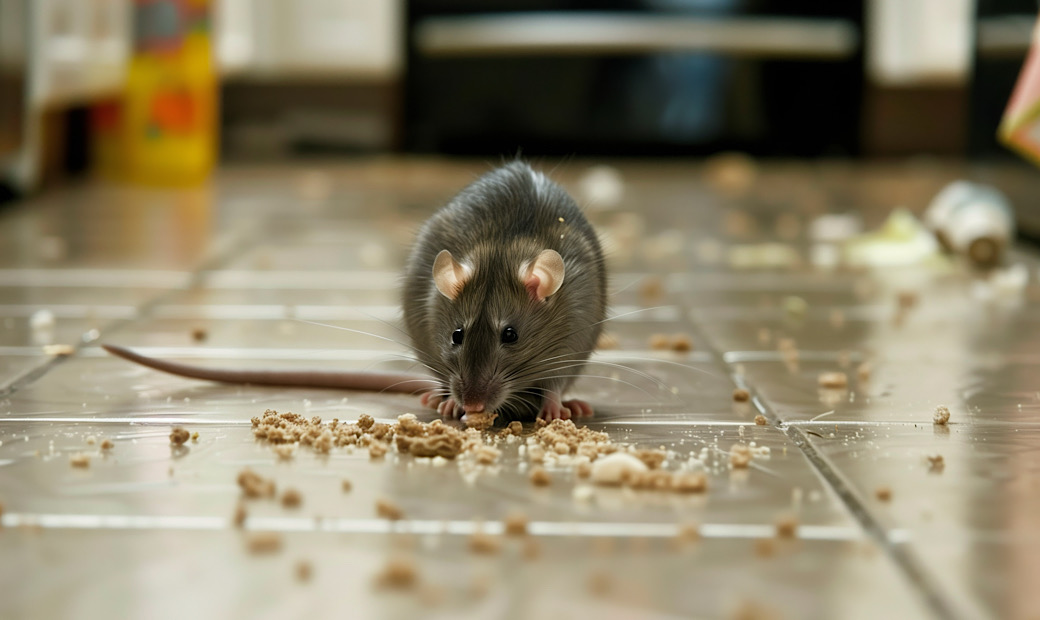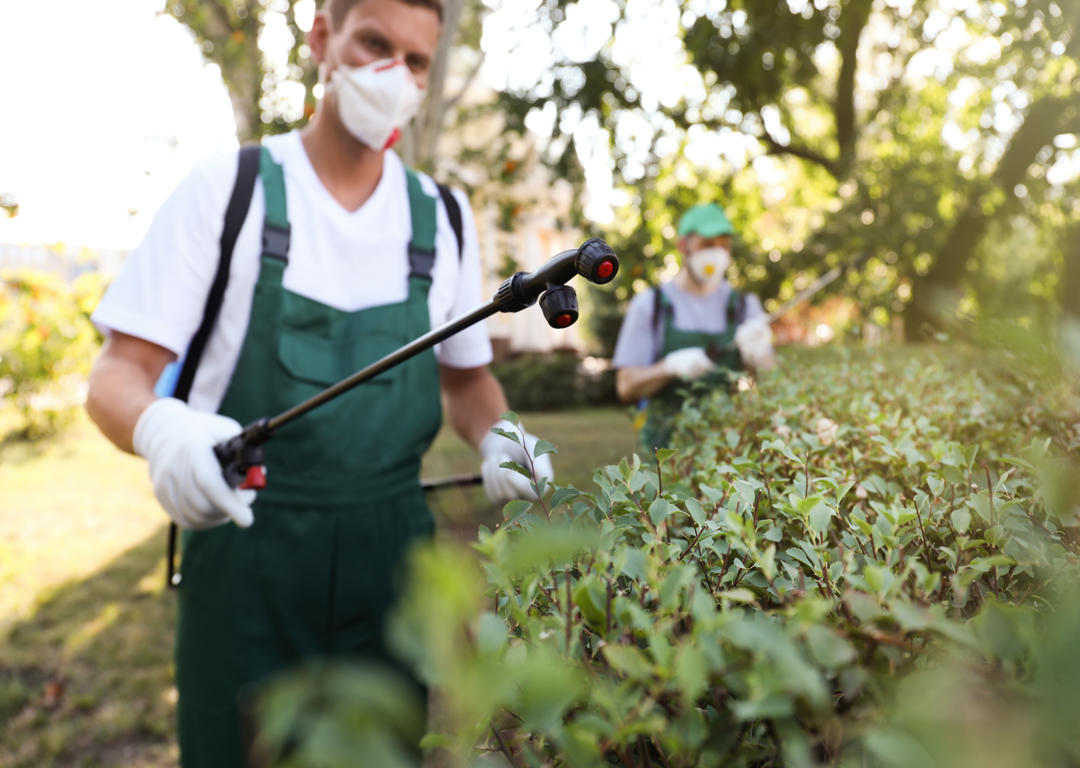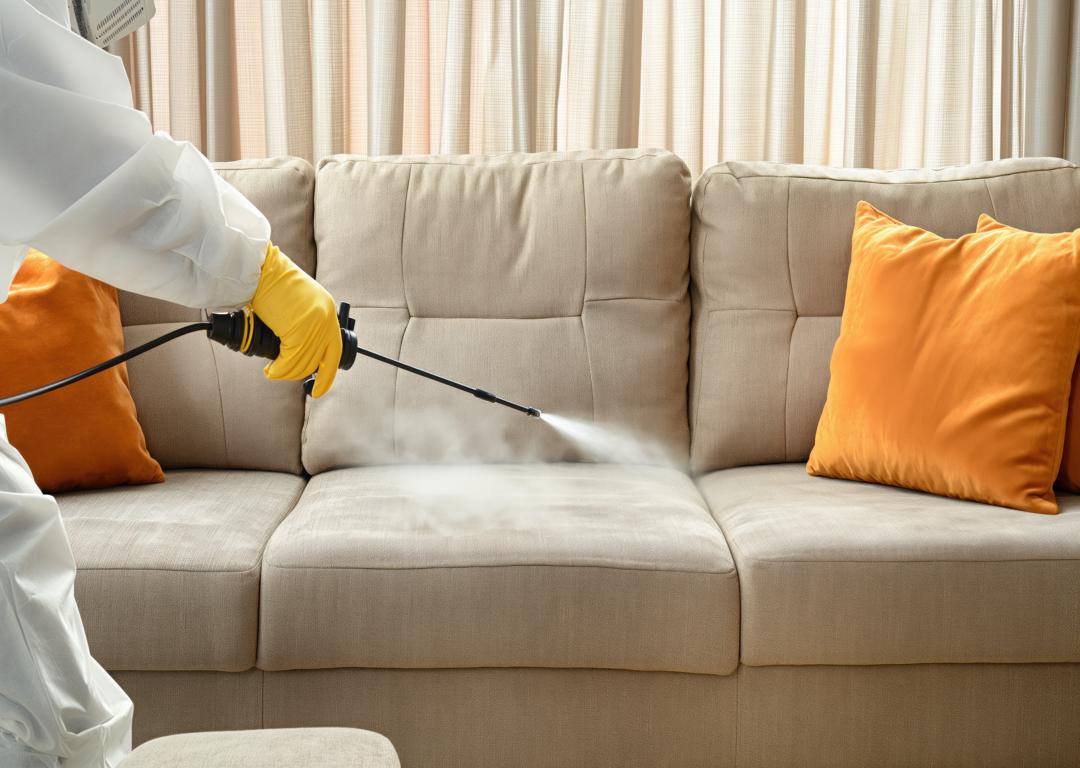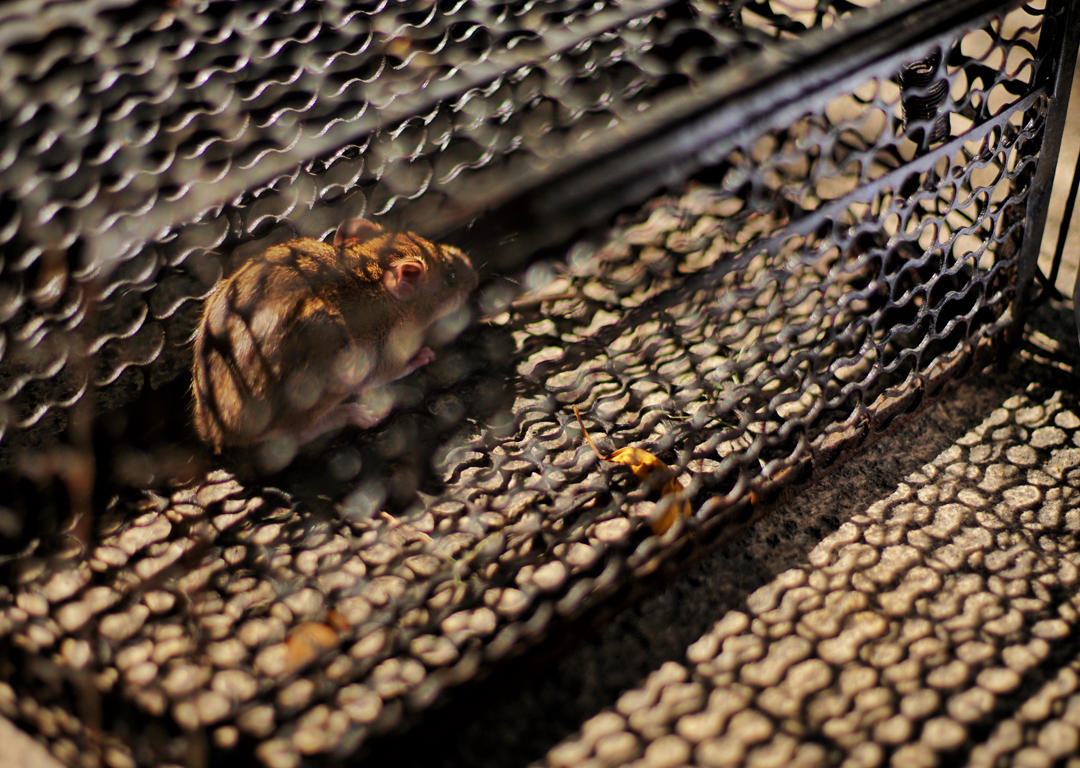As temperatures drop, the chances of a rodent infestation in your home increase. Rodents, including mice and rats, seek warmth and shelter during winter, making homes an attractive target. These pests can cause significant damage to property and pose serious health risks. Knowing how to effectively manage rodent infestations during cold weather is essential for maintaining a safe and healthy home environment. Here, we explore strategies for preventing and dealing with rodent infestations as winter sets in.
Why Rodents Invade Homes in Cold Weather
During the colder months, rodents move indoors in search of warmth, food, and shelter. Your home provides all three, making it an ideal refuge. Rodents can squeeze through tiny openings, such as cracks in the foundation or gaps around windows and doors. Once inside, they quickly reproduce, leading to a full-blown infestation if not addressed promptly.
Recognizing Signs of a Rodent Infestation
Before tackling prevention and control, it’s important to recognize the signs of a rodent infestation. Early detection can help you take action before the problem escalates. Common indicators include the presence of droppings near food sources, in cabinets, or along walls. You might also notice gnaw marks on wires, wood, and food packaging, as rodents need to constantly chew to keep their teeth sharp.
Other signs include nests made from shredded paper, fabric, or other soft materials, often hidden in secluded areas like attics, basements, or behind appliances. Scratching or scurrying noises coming from walls, ceilings, or attics are also a clear sign of rodent activity. Finally, foul odors from accumulated droppings or urine might signal a significant infestation.
Preventing Rodent Infestations in Cold Weather
The best way to deal with rodent infestations is through prevention. By making your home less accessible and less attractive to rodents, you can significantly reduce the risk of an infestation.
Seal Entry Points: Rodents can enter your home through very small openings, so it’s essential to inspect your home’s exterior thoroughly. Look for cracks and holes around the foundation, walls, windows, and doors, and seal them with caulk, steel wool, or metal mesh. Also, secure vents and chimneys with screens or covers to block entry points without compromising airflow.
Maintain a Clean Environment: Rodents are attracted to food and shelter, so keeping your home clean and organized can help deter them. Store food in airtight containers, avoid leaving food out overnight and ensure pet food is also stored securely. Dispose of garbage regularly and use trash cans with tight-fitting lids to prevent access. Decluttering storage areas like basements, attics, and garages can also reduce nesting spots.
Outdoor Maintenance: The exterior of your home should also be maintained to discourage rodents. Keep your yard tidy by trimming bushes, trees, and grass, especially near the foundation. Store firewood at least 20 feet away from your home and elevate it off the ground. Additionally, eliminate standing water to deter not only rodents but other pests as well.
Dealing with an Active Rodent Infestation
If rodents have already infiltrated your home, it’s important to act quickly to eliminate the problem before it worsens.
Setting Traps: Traps are an effective method for dealing with a small infestation. Snap traps are widely used for quickly reducing rodent populations. Place them in areas where you’ve noticed rodent activity, such as along walls, near food sources, or close to entry points. For a more humane approach, live traps can be used to catch rodents without killing them, allowing for their release far from your home.
Using Rodenticides: For larger infestations, rodenticides (poison baits) may be necessary. These should be used with caution, as they can pose risks to children, pets, and non-target wildlife. It’s often best to leave the use of rodenticides to professional pest control experts who can ensure they are applied safely and effectively.
Professional Pest Control Services: If the infestation is severe or if you prefer not to handle the problem on your own, contact a professional pest control service. Professionals can conduct a thorough inspection to identify the extent of the infestation and locate entry points. They can then implement a customized treatment plan, which may include trapping, baiting, and sealing entry points to eliminate the infestation and prevent future occurrences.
The Importance of Ongoing Prevention
While dealing with a rodent infestation during cold weather is crucial, ongoing prevention is key to ensuring your home remains pest-free throughout the year. Continue with the preventive measures mentioned above, and consider scheduling regular inspections with a pest control professional to catch any new issues early.
Maintaining a rodent-free home during the winter months is essential for your family’s health and safety. By recognizing the signs of infestation, implementing preventive measures, and acting quickly when problems arise, you can protect your home from the damage and health risks associated with rodents.
For comprehensive rodent control solutions, especially during the winter months, contact Lowcountry Pest Management. Our expert team is equipped to handle infestations and provide ongoing protection, ensuring your home remains safe and secure all year round.












